Inside Albania's planned Muslim microstate
Proposal for 'Sovereign State of the Bektashi Order', a Vatican-style enclave, has sparked confusion, praise and heated debate
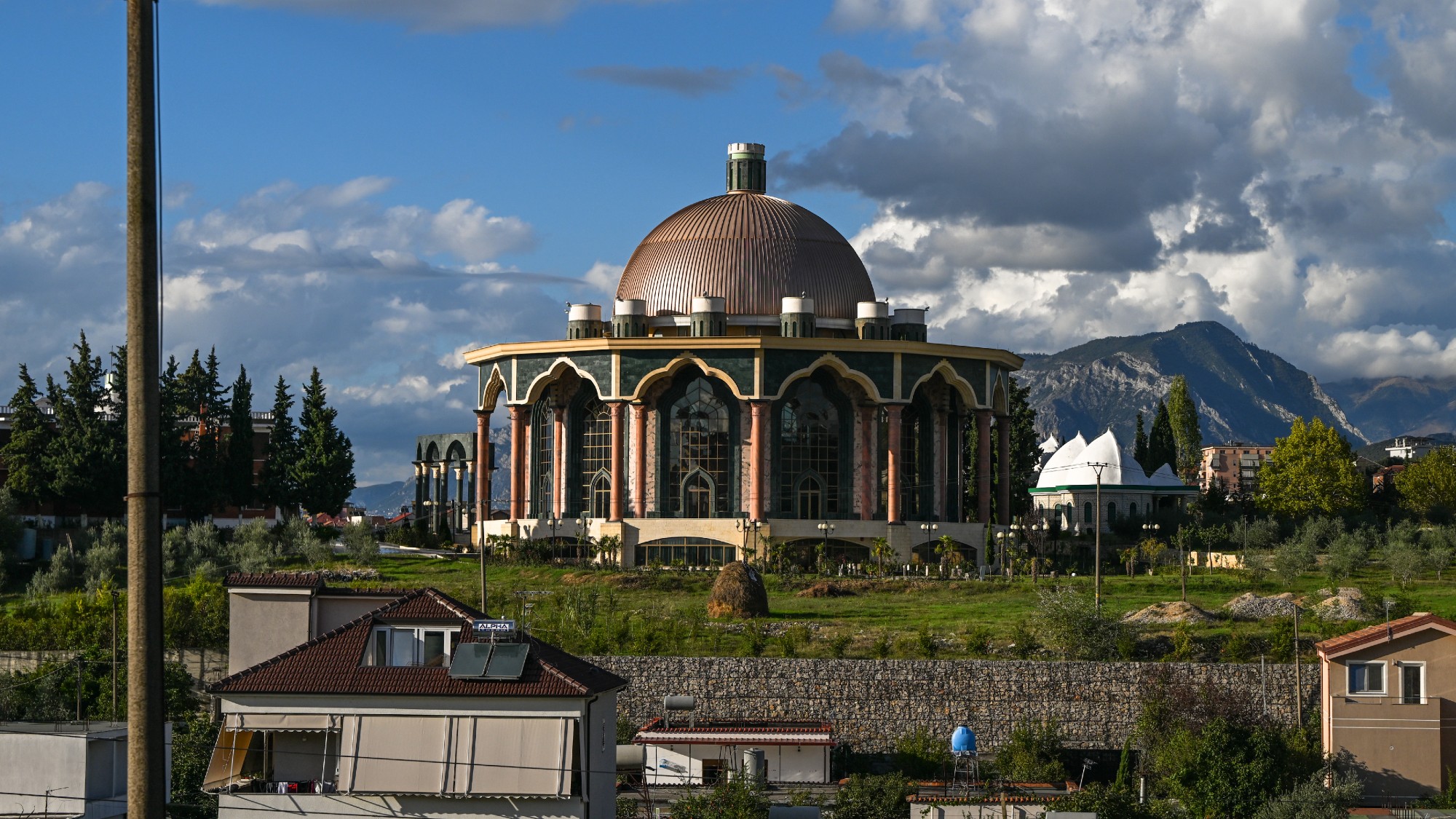
A free daily email with the biggest news stories of the day – and the best features from TheWeek.com
You are now subscribed
Your newsletter sign-up was successful
Albania's prime minister has revealed plans to establish a microstate for Sufi Muslims within the country's capital, Tirana. At the UN General Assembly last week, Prime Minister Edi Rama said the enclave for the Bektashi Muslim minority would be "similar to the Vatican" and act as a "new centre of moderation, tolerance and peaceful coexistence". If the plan goes ahead, it would be the smallest sovereign state in the world.
"As often happens in Albania, many experts and the public were completely in the dark about the details of the government's plan," said Deutsche Welle. "For most, the decision came entirely out of the blue."
Edmond Brahimaj, leader of the Bektashi World Order, called the initiative "extraordinary" and "a miracle", but others worry that giving a religious group statehood may disrupt sectarian relations in the country. The proposal "is regarded by political analysts as strange and absurd", said Reporter.al – part of the Balkan Investigative Reporting Network.
The Week
Escape your echo chamber. Get the facts behind the news, plus analysis from multiple perspectives.

Sign up for The Week's Free Newsletters
From our morning news briefing to a weekly Good News Newsletter, get the best of The Week delivered directly to your inbox.
From our morning news briefing to a weekly Good News Newsletter, get the best of The Week delivered directly to your inbox.
What is the Bektashi Order?
Muslims currently make up about half of Albania's population, with Bektashis representing around 10% of that group, according to the 2023 census. The Bektashi population is the country's fourth largest religious group, coming after Sunni Muslims, Catholics and Orthodox Christians.
An offshoot of the Sufi sect of Islam, the Bektashi Order was established in the 13th century, and combines "a loose interpretation of the Quran with mysticism, elements of Turkey's pre-Islamic faiths and devotion to their deceased wise men, known as dervishes", said The New York Times.
The movement was once spread throughout the Ottoman Empire, but after Mustafa Kemal Ataturk established the secular Turkish Republic in 1923, the Bektashis moved their base to Tirana. It is from here that the sect's leader, Edmond Brahimaj, known to followers as Baba Mondi, governs the Bektashi community, and where he is set to head the Albanian microstate when it is created.
What are the prime minister's plans?
The 27-acre proposed microstate covers the movement's existing compound in a residential district of eastern Tirana. Despite being only a quarter the size of the Vatican City, it would have its own passports, administration and borders. Only clergy members and administrative staff will live within the microstate, according to AFP. Rama also said religious lifestyle rules will not be imposed within the state – drinking alcohol will be permitted, and women will be allowed to wear what they like.
A free daily email with the biggest news stories of the day – and the best features from TheWeek.com
The new Bektashi state "won’t have an army, border guards or courts", reported The New York Times, although Baba Mondi has indicated that it "might need a small intelligence service". Members of the sect are "viewed as heretics by many conservative Shias and Sunnis", the newspaper said, and have been "subjected to centuries of persecution in Muslim lands".
Legal experts are drafting legislation to formalise the plan, reported the NYT, which will need a parliamentary endorsement. Making the microstate official may require a constitutional amendment, as the Albanian constitution currently designates the country as "unitary and indivisible".
How has the plan been received?
The Bektashi Order is predictably pleased with the proposal. "The sovereignty of the Bektashi Order is an important step in strengthening the values of inclusion, religious harmony and dialogue in an increasingly divided world," sect officials said in a statement.
But the idea has not been well received across the board, and many analysts have expressed scepticism. Besnik Sinani, a research fellow at the Center for Muslim Theology at Tübingen University, Germany, told DW he thinks the plan is unreasonable, and will disrupt relations between religious groups in Albania.
"Currently, the Albanian government has not offered a single convincing argument to justify such a move," said Sinani, adding that it contradicted the "vision of the founding fathers of Albanian statehood, many of whom were Bektashis".
-
 What is the endgame in the DHS shutdown?
What is the endgame in the DHS shutdown?Today’s Big Question Democrats want to rein in ICE’s immigration crackdown
-
 ‘Poor time management isn’t just an inconvenience’
‘Poor time management isn’t just an inconvenience’Instant Opinion Opinion, comment and editorials of the day
-
 Bad Bunny’s Super Bowl: A win for unity
Bad Bunny’s Super Bowl: A win for unityFeature The global superstar's halftime show was a celebration for everyone to enjoy
-
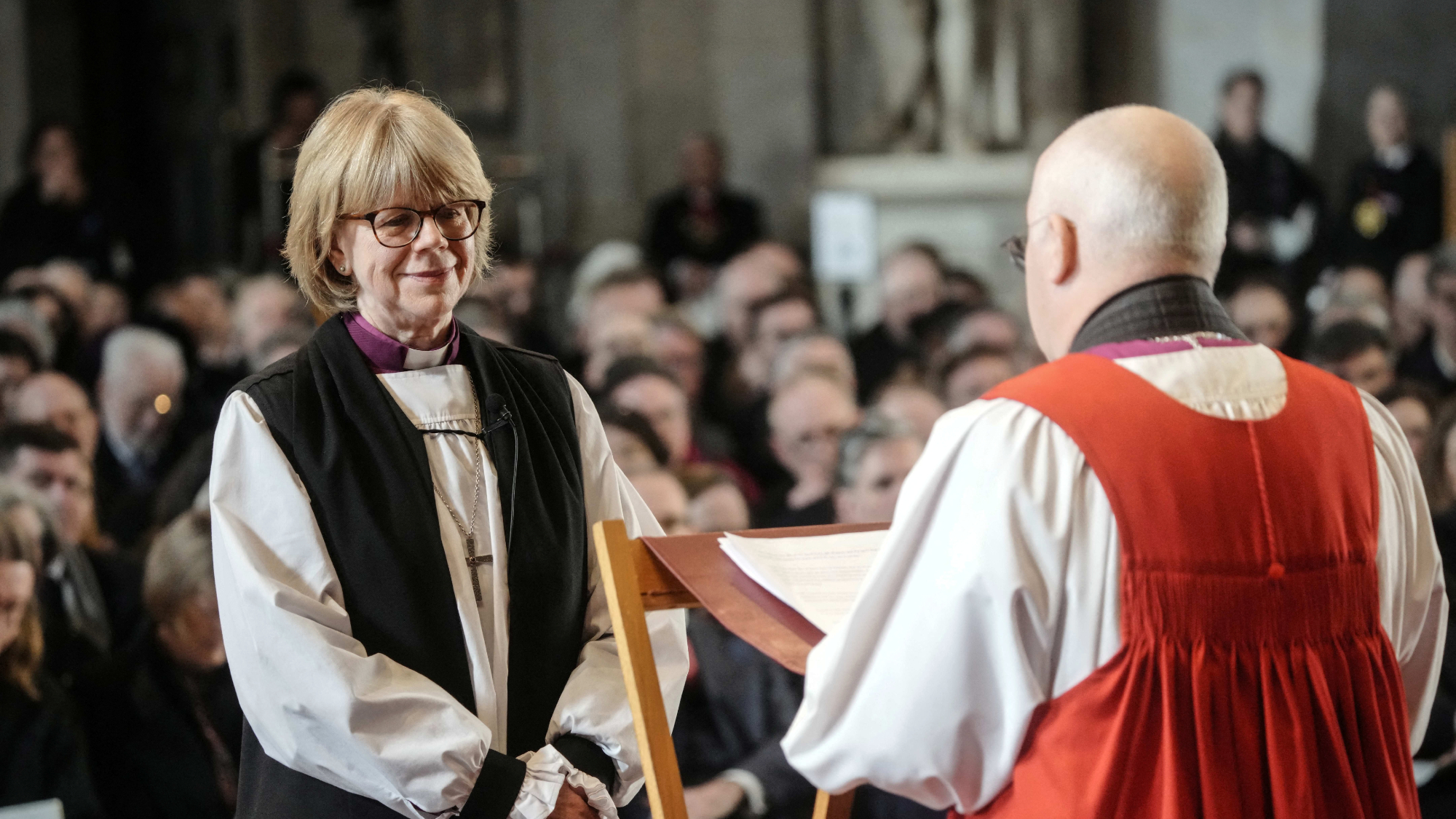 Church of England instates first woman leader
Church of England instates first woman leaderSpeed Read Sarah Mullally became the 106th Archbishop of Canterbury
-
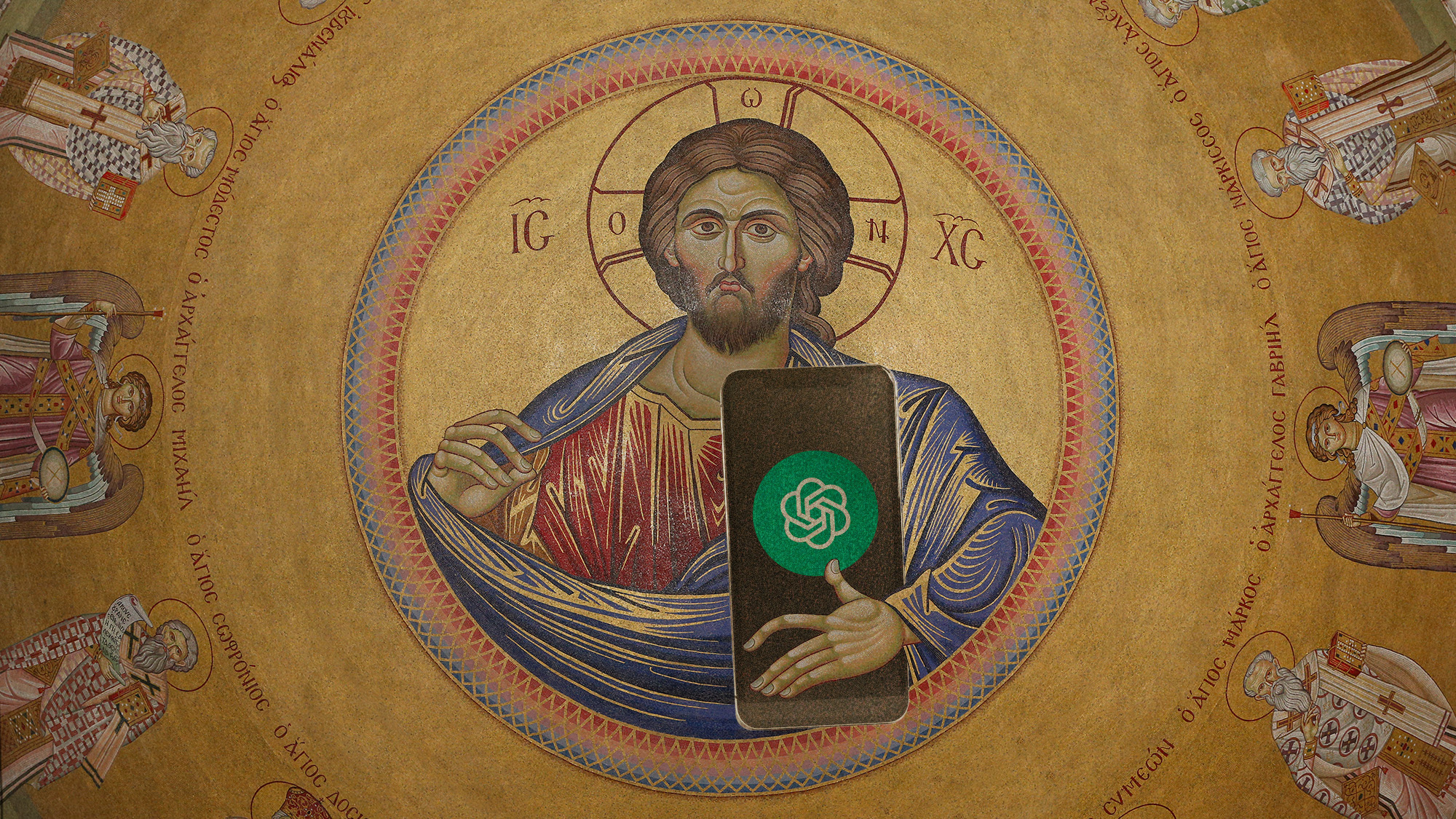 God is now just one text away because of AI
God is now just one text away because of AIUnder the radar People can talk to a higher power through AI chatbots
-
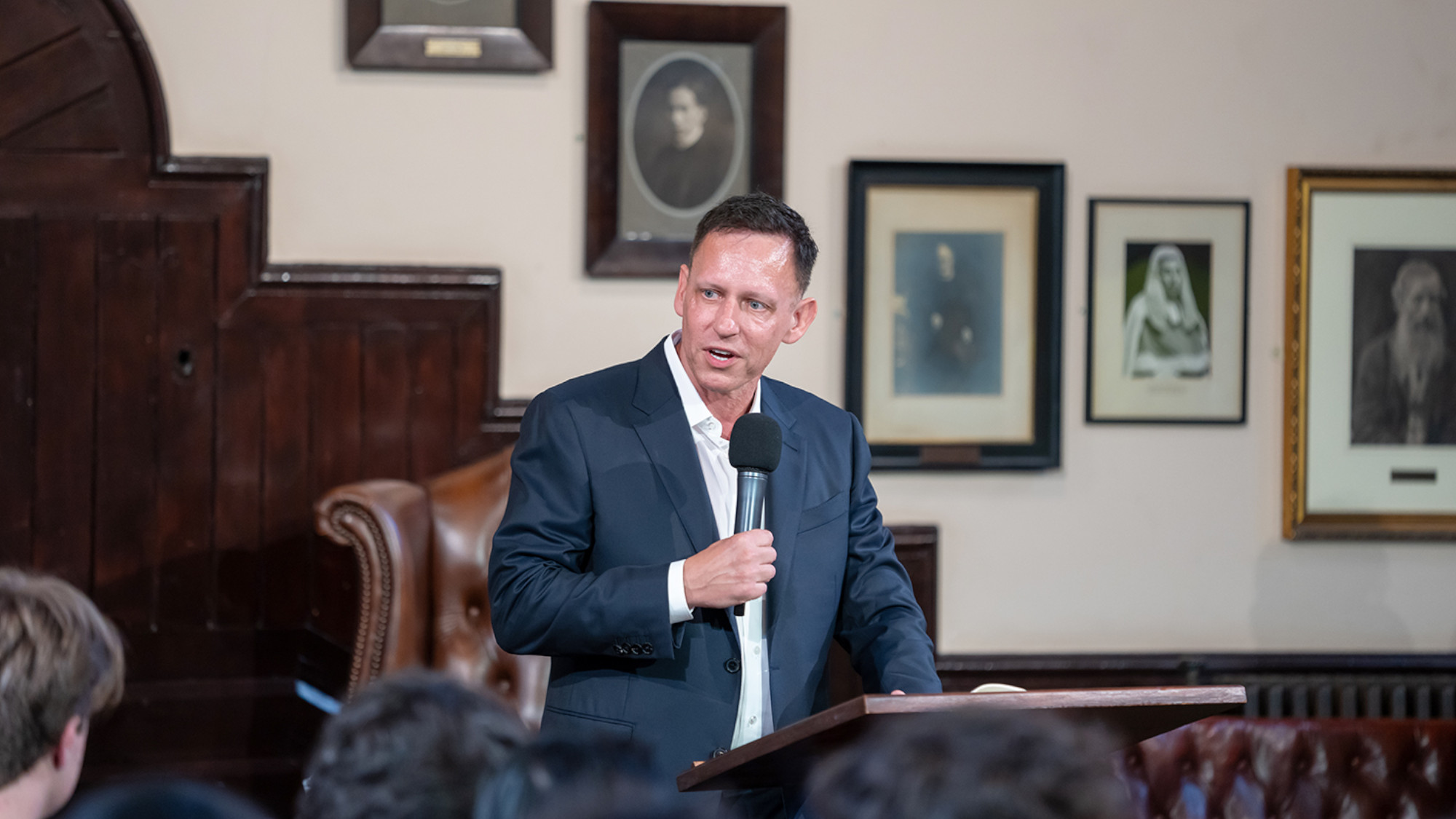 Religion: Thiel’s ‘Antichrist’ obsession
Religion: Thiel’s ‘Antichrist’ obsessionFeature Peter Thiel’s new lectures cast critics of tech and AI as “legionnaires of the Antichrist”
-
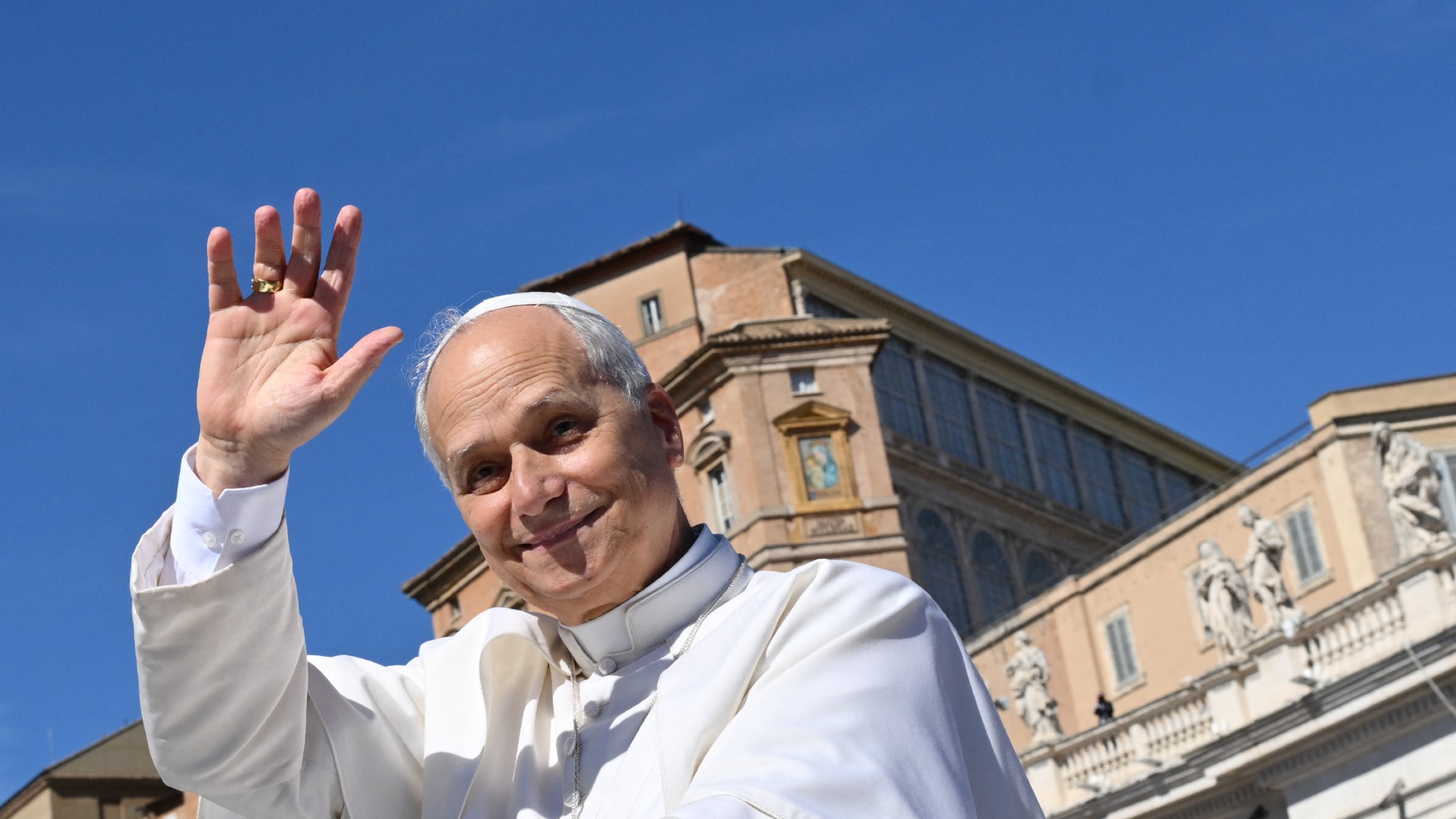 Pope Leo wants to change the Vatican’s murky finances
Pope Leo wants to change the Vatican’s murky financesThe Explainer Leo has been working to change some decisions made by his predecessor
-
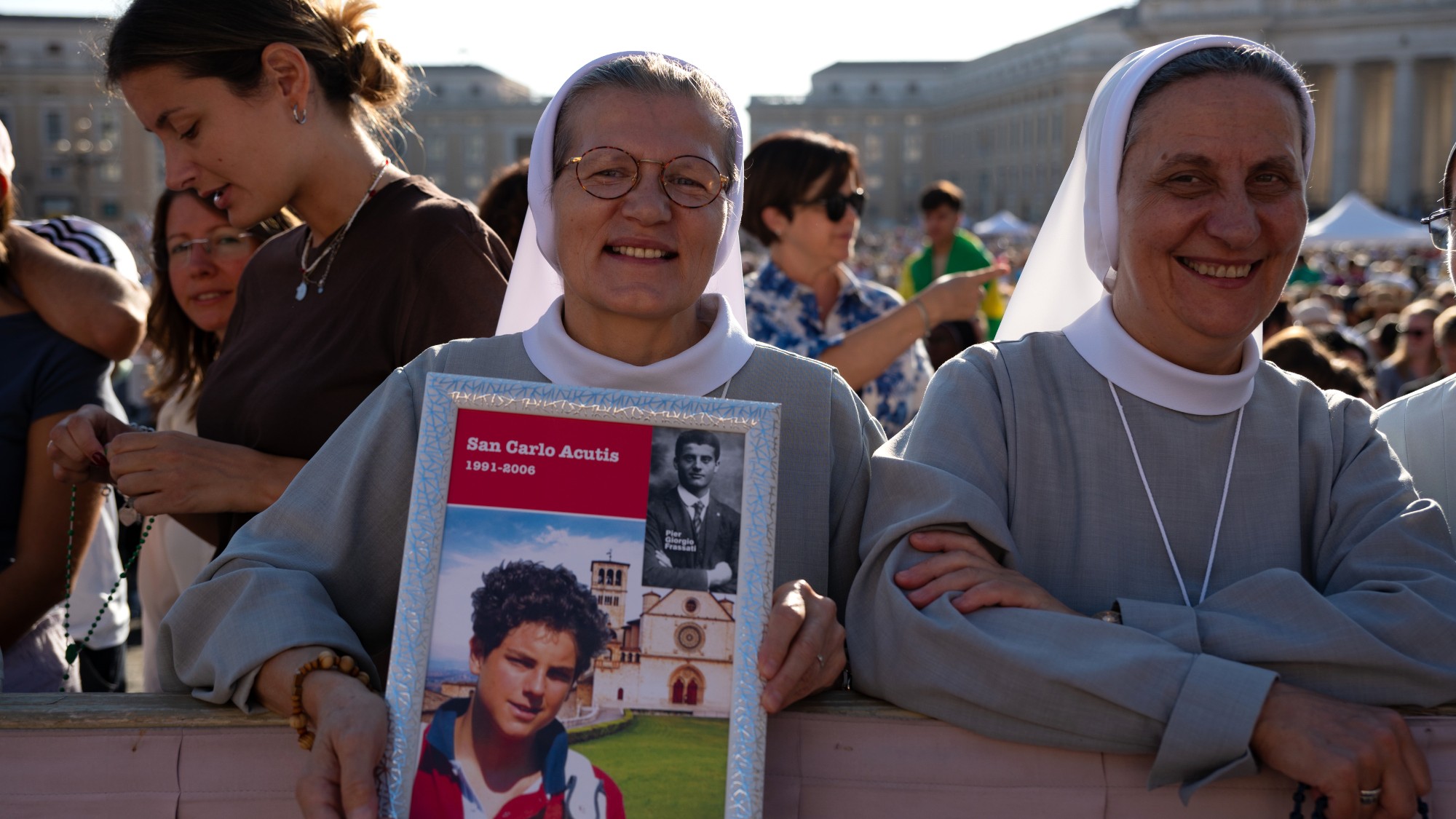 Pope Leo canonizes first millennial saint
Pope Leo canonizes first millennial saintSpeed Read Two young Italians, Carlo Acutis and Pier Giorgio Frassati, were elevated to sainthood
-
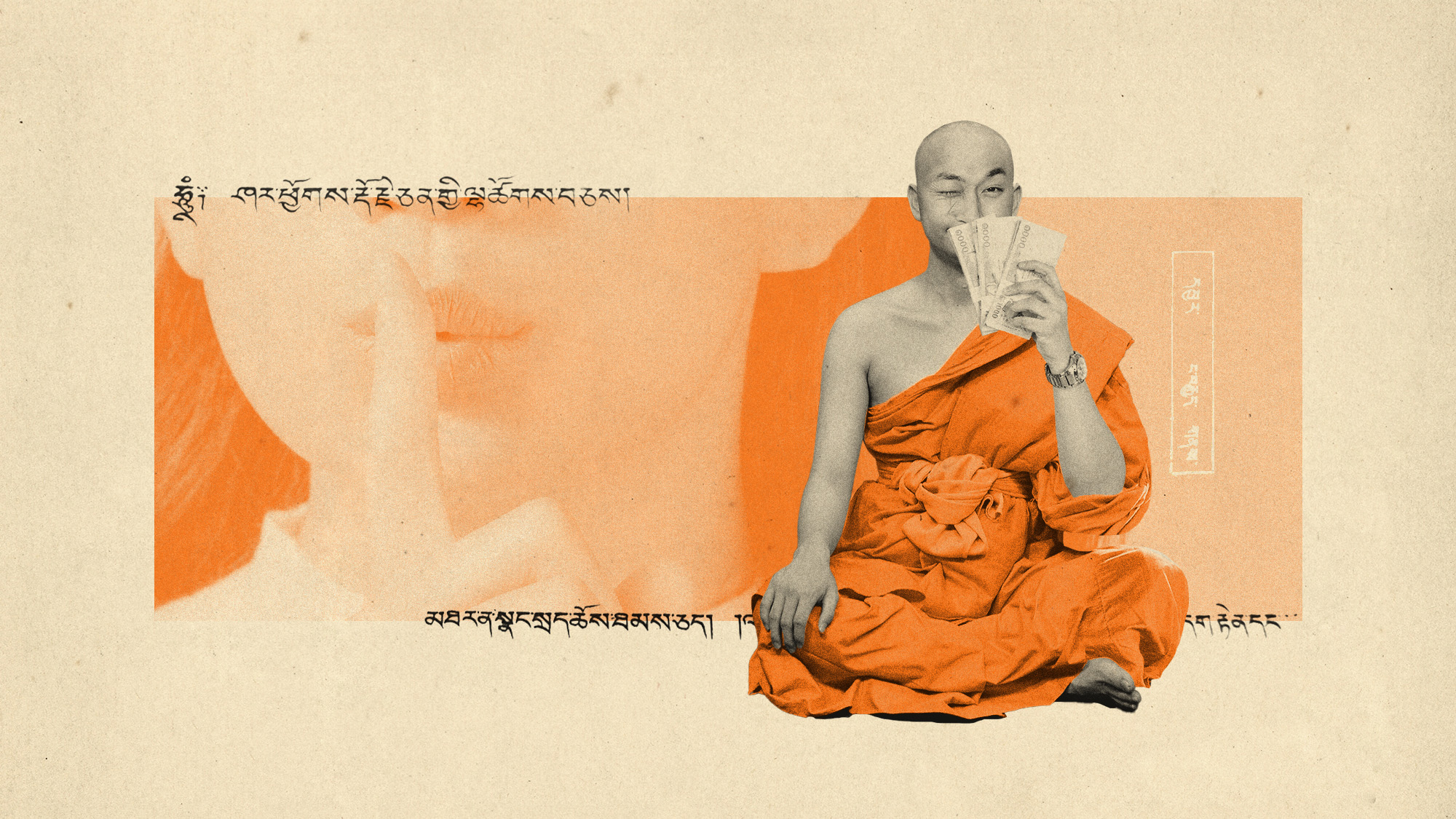 Thailand's monk sex scandal
Thailand's monk sex scandalIn The Spotlight New accusations involving illicit sex and blackmail have shaken the nation and opened a debate on the privileges monks enjoy
-
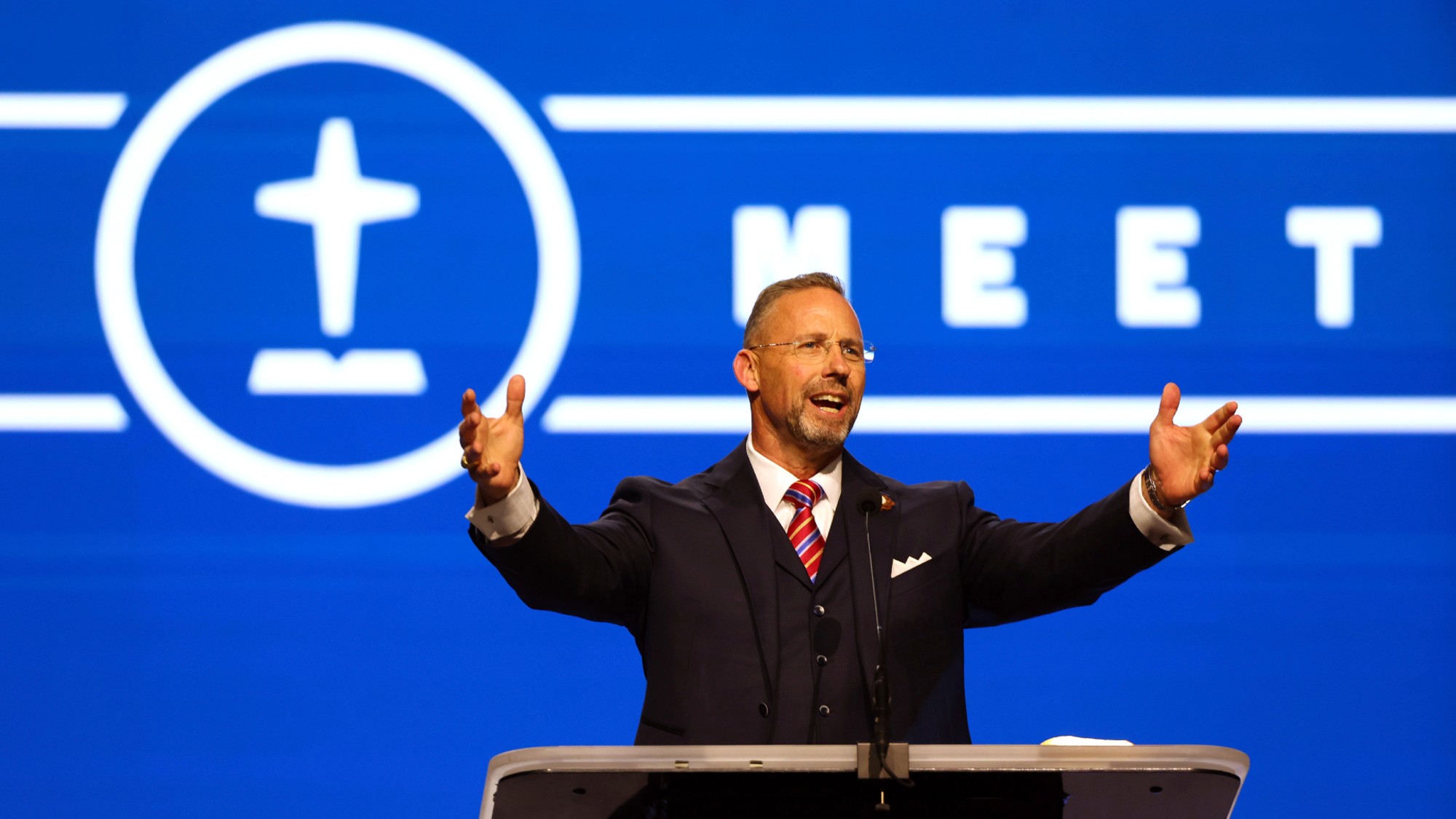 Southern Baptists lay out their political road map
Southern Baptists lay out their political road mapThe Explainer The Southern Baptist Convention held major votes on same-sex marriage, pornography and more
-
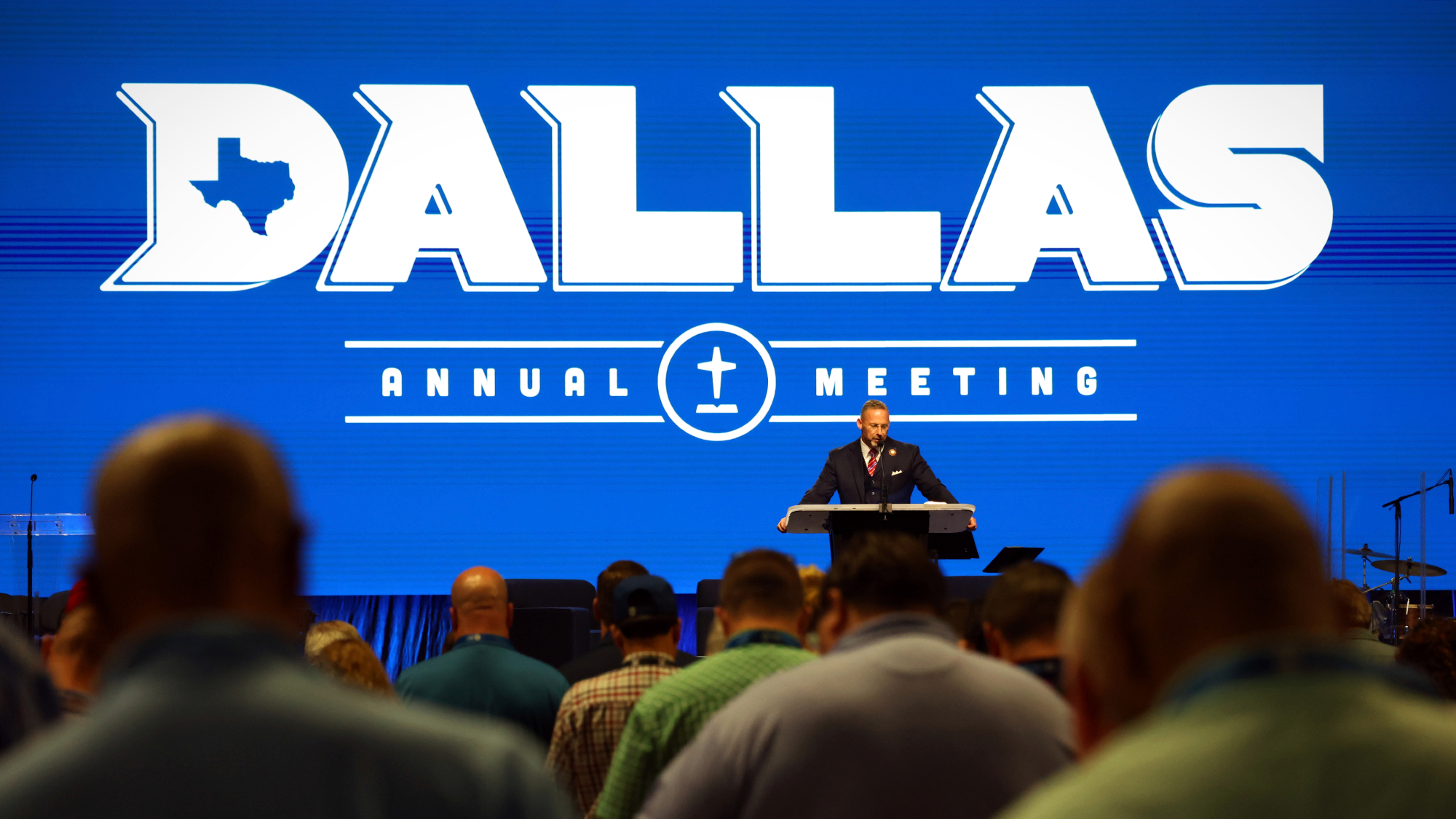 Southern Baptists endorse gay marriage ban
Southern Baptists endorse gay marriage banSpeed Read The largest US Protestant denomination voted to ban same-sex marriage and pornography at their national meeting